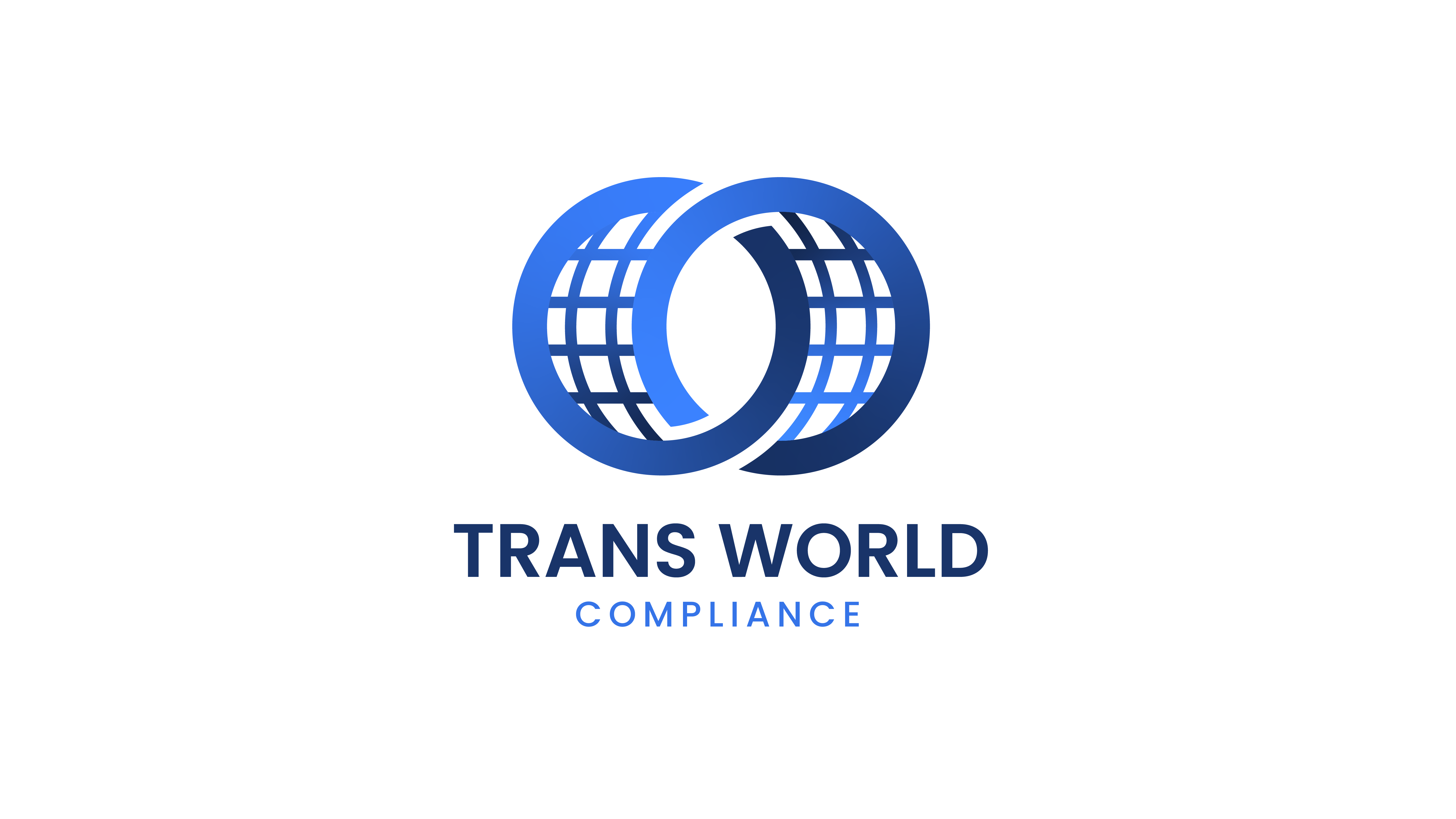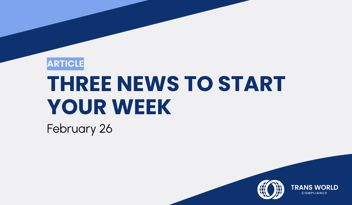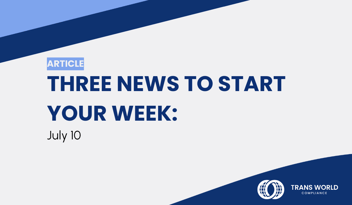Three news to start your week: May 29
UK crypto fraud losses jump 40%
(Financial Times)
According to the UK's fraud reporting agency, losses from cryptocurrency fraud climbed by more than 40% over the previous year, topping £300 million for the first time.
The high-profile failure of the cryptocurrency exchange FTX last year, which led to a wave of losses among retail investors, and the scale of cybercrime, according to law firms, are reflected in the data published by Action Fraud.
According to the Office for National Statistics, cryptocurrency scams are a tiny element of a larger "epidemic" of fraud that made up more than 40% of all reported crimes in England and Wales in 2017.

Colombia regulator suspends trading in shares of Grupo SURA, Grupo Argos and Grupo Nutresa
(Portafolio)
On Thursday, the leading shareholders in Grupo SURA, Grupo Argos, and Grupo Nutresa launched negotiations to alter their respective stakes in the companies, prompting Colombia's financial regulator to freeze trading in their shares, a ban that would last until June 15.
Along with Arab partners, including Abu Dhabi's Royal Group and IHC Capital Holding LLC, Grupo Gilinski, a conglomerate owned by Jaime Gilinski, one of Colombia's wealthiest men, had been acquiring holdings in both Nutresa and Grupo SURA during the previous 15 months.
On Wednesday, Grupo Gilinski agreed to sell its shares in Grupo SURA, an investment holding company, and retain at least an 87% ownership in Nutresa, a firm that makes processed foods.

Banks in the Netherlands still not doing enough to fight tax avoidance
(NL Times)
Most Dutch banks must do more to combat corporate customers' tax dodging. The large banks ABN Amro, ING, and Rabobank are among the five (out of eight) examined by the Fair Bank Guide that still receive low marks for tax avoidance. The report's authors released the conclusion on Thursday in light of recent findings about banking policy.
For instance, the big banks do not demand that the businesses they finance be transparent about their tax obligations and settlements with taxing authorities. Additionally, they do not anticipate that these businesses would have a system to respond immediately if workers or suppliers are suspected of engaging in tax avoidance or even tax evasion. Only De Volksbank and Van Lanschot Kempen made this improvement to their policy.





